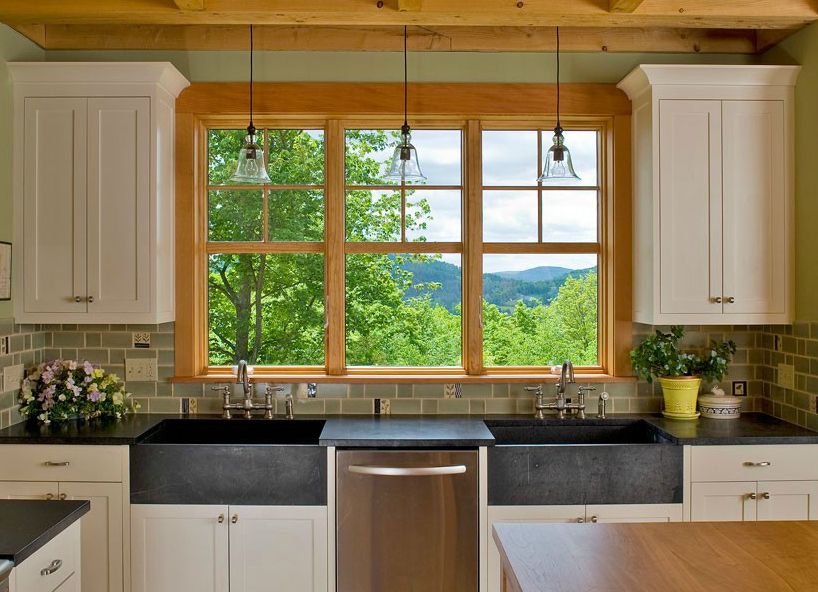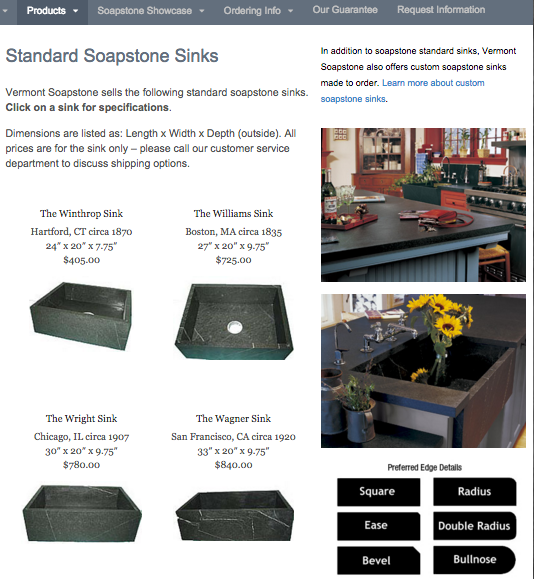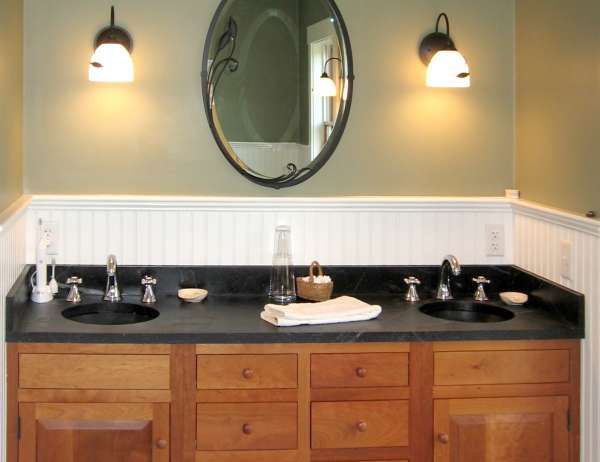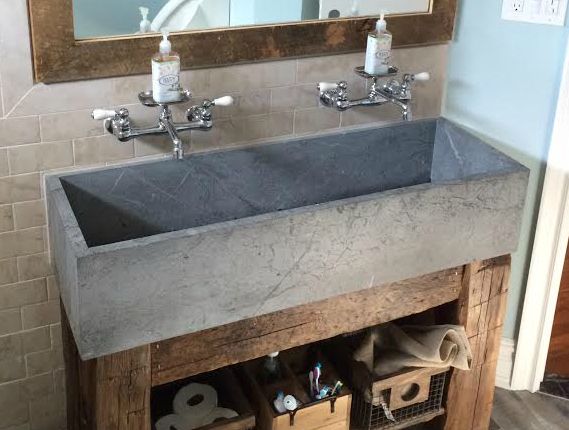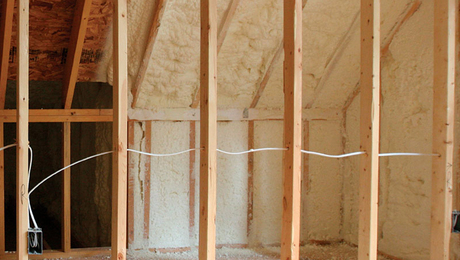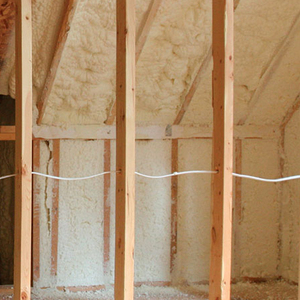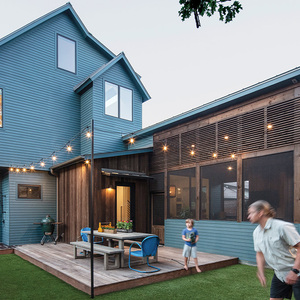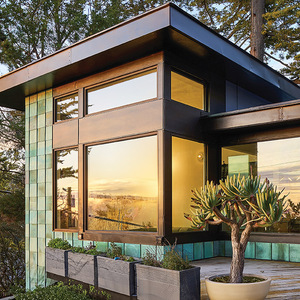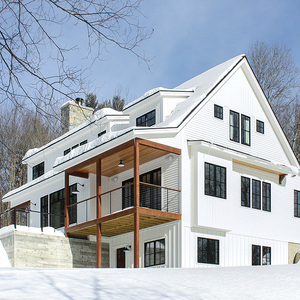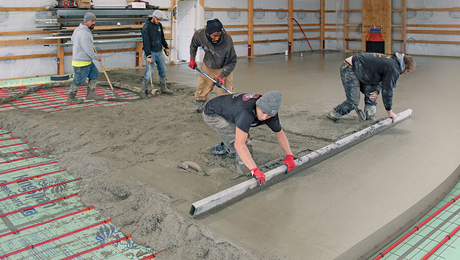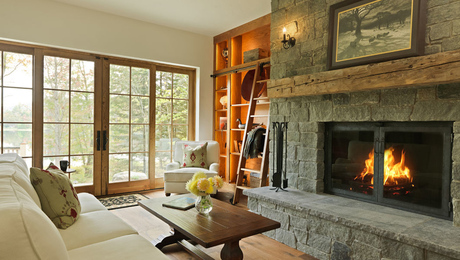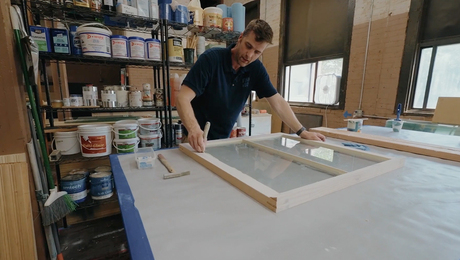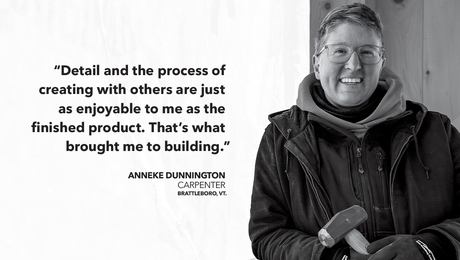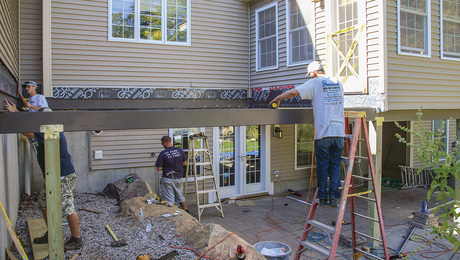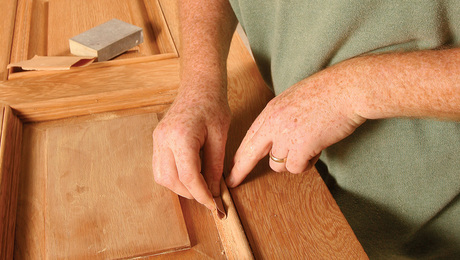Soapstone Sinks Are Equally at Home in Country Farmhouses and Modern Lofts
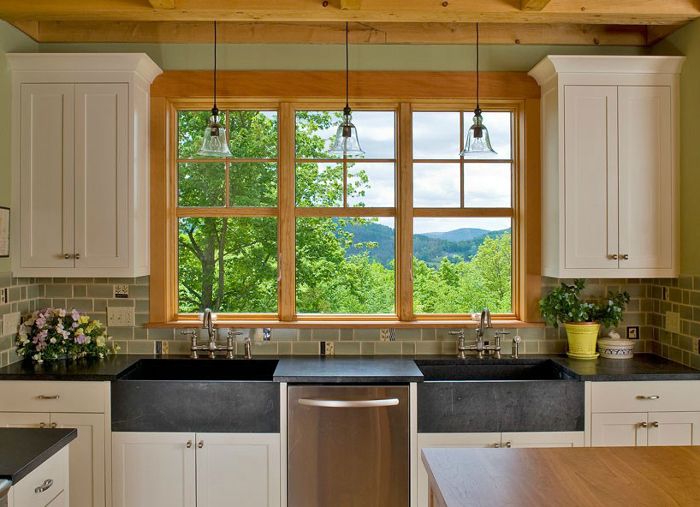
Once common in barns and basements on old Appalachian farms, soapstone sinks have long been appreciated for their durability. But with their clean lines, deep-gray hues, and smooth textures, these sinks look great in any home. You might find a weathered original farm sink in an antique store or architectural salvage yard, but if you want one that fits your kitchen or bathroom perfectly, a better place to look is Vermont Soapstone Co.
Product breakdown
- Vermont Soapstone makes 10 standard styles, but can also build custom sinks to match your needs
- Heat and solvent resistant
- Non-porous/non staining (though it’s common to oil soapstone to maintain a consistent luster)
- $405 – $986 for standard sink models (note: stone sinks are heavy–leave space in your budget for shipping fees)
Don’t get the wrong idea
The name “soapstone” conjures up images of a soft, waxy material (my wife pictured it being soft enough to gouge with your fingernail), but this isn’t quite accurate. The stone gets its name from the very smooth, fine grain that makes it feels soft to the touch. And because it’s mostly composed of talc and magnesium, soapstone is one of the easiest stones to cut and carve. This does mean that it will scratch more easily than granite or marble, but most people who spec it in their homes say that the wear marks soapstone gets over time are part of its charm. Unwanted marks can be sanded smooth.
Despite its softness, soapstone is actually quite durable. In fact, the qualities soapstone is most prized for are its stain resistance and its ability to absorb heat, the latter of which also makes it a popular material for wood stoves and fireplace hearths. The stone isn’t porous, so nothing spilled on it will be absorbed. And though it isn’t necessary to protect soapstone from stains or solvents, it’s common to rub it with mineral oil to maintain an even shine.
A versatile material
The use of soapstone dates back thousands of years, when early cultures around the world carved it into bowls, cooking surfaces, and even some of the earliest molds for casting metal tools. Vermont Soapstone Co. recognizes the stone’s versatility and uses it for more than just sinks. The company also builds fireplace hearths, heat registers, countertops, griddles, boot warmers, and any custom projects that their customers can dream up.
Fine Homebuilding Recommended Products
Fine Homebuilding receives a commission for items purchased through links on this site, including Amazon Associates and other affiliate advertising programs.

All New Kitchen Ideas that Work

A Field Guide to American Houses

Code Check 10th Edition: An Illustrated Guide to Building a Safe House
